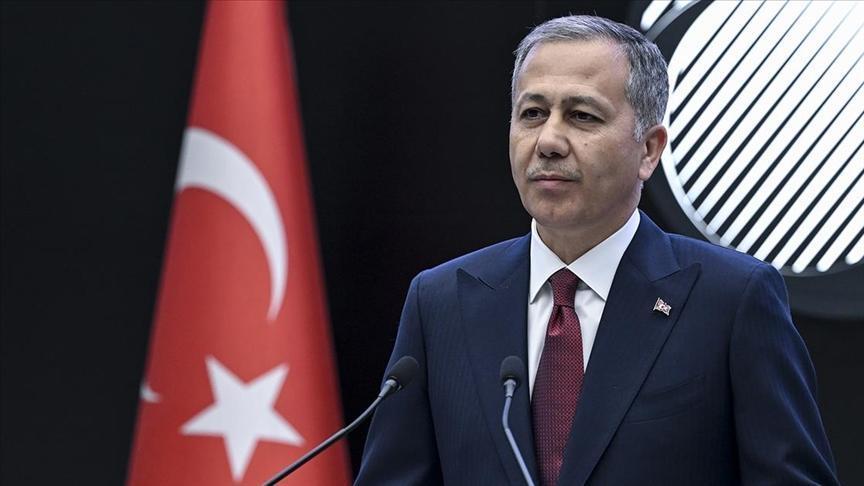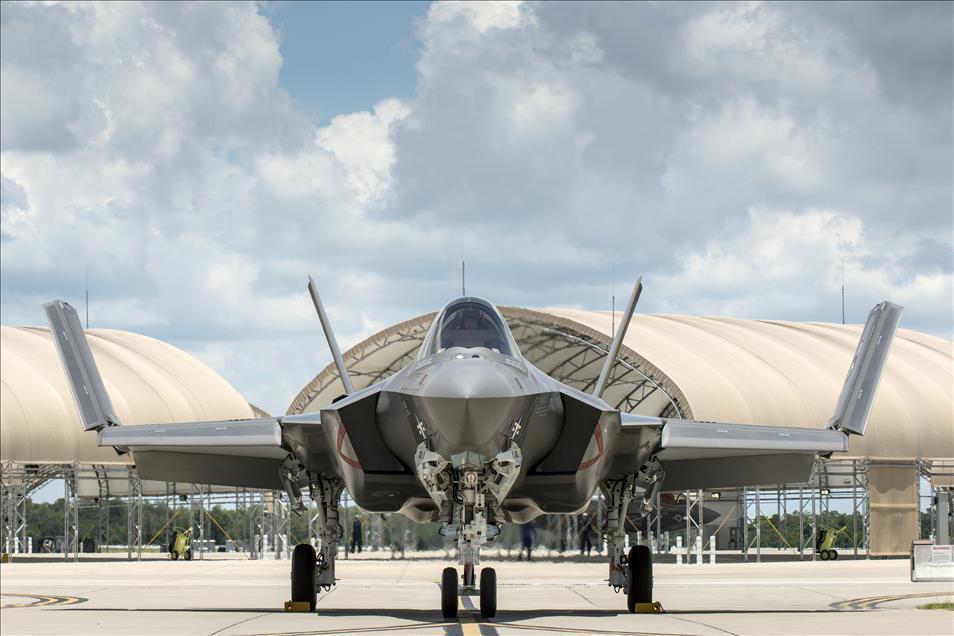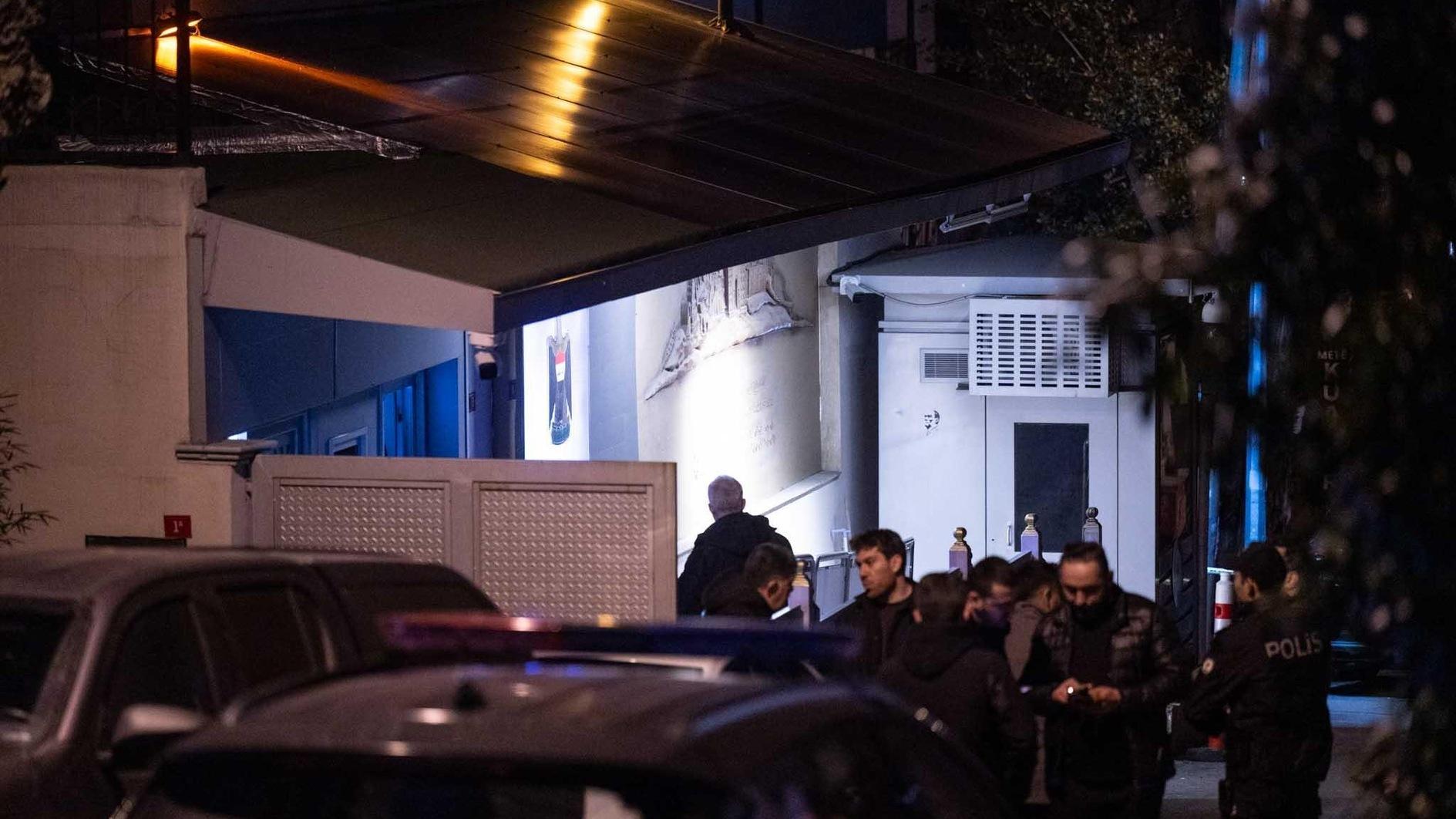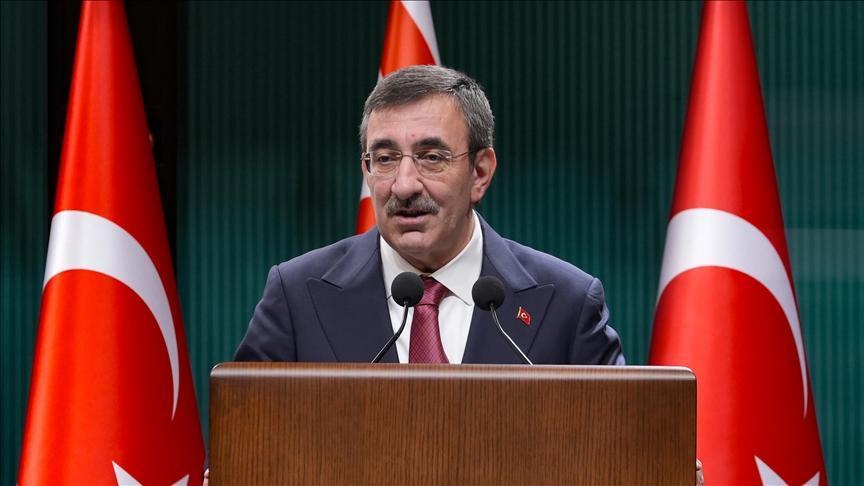The show must go on! Entertaining people under emergency rule
“I remember how cool we use to feel two years ago when we went abroad to invite artists to perform in Istanbul,” said Murat Abbas, the general director of the Zorlu Performing Arts Center. “Turkey – and Istanbul especially – were very popular. Everybody wanted to come.”
Abbas was meeting with journalists on Sept. 7 to inform them about the new season. But the conversation inevitably focused more on the mounting challenges faced by Turkey’s entertainment sector.
The sector has been badly affected by successive terror attacks. The American Ballet Theater, for example, was scheduled to come to Turkey. But following a vote by its members in January, it cancelled the show and reimbursed the money it had been paid in advance.
The July 15 coup attempt and the declaration of a state of emergency have complicated things even further.
Still, Abbas feels that the Zorlu Center is among the least affected, as the number of canceled events remained limited to three; one in March, another one in July and the third one in November. Additionally, one event has been postponed to another date.
Security concerns are on the rise; most of the events in open-air venues have been canceled, he said, pointing to the fact that Zorlu benefited from the advantage of being an indoor venue. The fact that the performance center is next to an internationally renowned hotel has also been an additional factor to convince artists to come to Istanbul.
“We are sending them the sketches of the hotel and the passage leading to the center, showing that once they enter the hotel, they won’t have to go out to reach the place in which they will perform,” said Abbas.
This, however, has multiplied the accommodation cost fivefold as the center had made arrangements with less expensive hotels.
“We are now providing a VIP exit from the airport. That cost 350 dollars for each person. Imagine when they come as 24 people,” he said.
There is also a political dimension to the challenge. “Some are openly saying that they don’t want to come to a country where so many academics and journalists are sent to jail,” said Abbas.
But Abbas is a little bit resentful that those who pointed at the emergency rule as a pretext not to come have not hesitated to go to Paris, which is also under emergency rule.
He believes the international press coverage, which he finds to be somewhat exaggerated, has played an important role in the negative image about the security situation.
In an effort to improve the image, five companies in the entertainment organization business have decided to attend the International Festival Forum which will take place in London by the end of the month. They convinced the organizers to include a panel about Turkey where they will try to convey the message of “business as usual” to sector representatives.
Abbas was happy that he was not asked to cut costs in the first board meeting that took place after the coup, despite the losses for the center. Some 405,000 tickets were sold during the last season which covers Sept. 1, 2015, to Aug. 31, 2016. “This is way above the standards in Turkey,” said Abbas. But while they spent $10 million, their revenue was only around $7.5 million.
“And don’t forget that when we sell a ticket for 100 liras, 48 liras go to taxes. What remains to us is 52 liras,” he said. “We can’t make a profit under these circumstances.”
Some 84,000 tickets were sold for the “Phantom of the Opera” on an average price of 169 liras per ticket.
While 86 percent of the seats were sold during the six weeks that the show ran in Istanbul, the organizers lost $750,000. “Now we have plans to bring ‘The Lion King’ to Istanbul. If we sell 124,000 tickets, our loss will be around $1 million.”
Against all odds, the show must go on...











